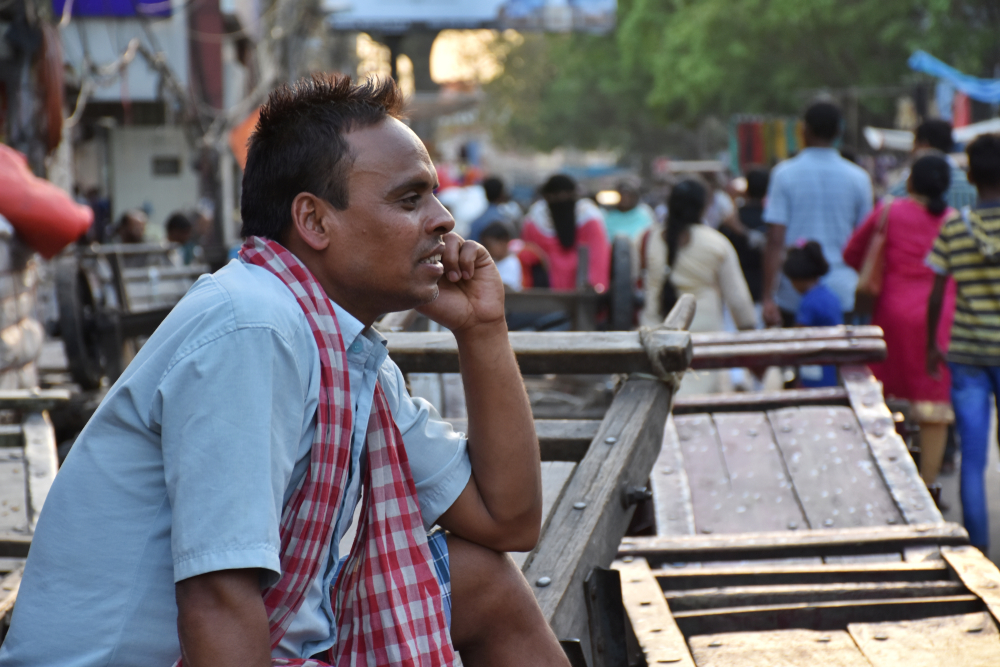Introduction:
Income inequality has been a persistent issue throughout human history, but in the 21st century, it has become more severe than ever. The income gap between the rich and the poor has been widening rapidly, resulting in an unequal distribution of wealth and opportunities. This article aims to shed light on the issue of income inequality by presenting some facts and examples and discussing its impact on society.
What is Income Inequality?
Income inequality refers to the unequal distribution of wealth or income among individuals or households in a society. In other words, it means that some people earn much more than others, resulting in a significant disparity in their living standards, education, and access to healthcare, among other things.
Facts and Figures:
According to the World Inequality Database, the top 1% of the global population owns 43% of the world's wealth, while the bottom 50% owns only 2%.
In the United States, the top 1% of households hold 15 times more wealth than the bottom 50% combined.
In 2020, the top 10% of earners in the United States earned more than half of the country's total income, while the bottom 50% earned just 1/8th of the total income.
In 2019, the median income of a Black household in the United States was $45,438, compared to $68,145 for a White household.
The gender pay gap persists in many countries, with women earning less than men for the same job. In the United States, women earn 82 cents for every dollar earned by men.
Examples of Income Inequality:
The COVID-19 pandemic has highlighted the stark income inequality in the United States. While millions of people lost their jobs and struggled to make ends meet, the top billionaires in the country saw their wealth increase significantly. According to Forbes, the top 10 billionaires in the United States saw their net worth increase by $340 billion in 2020.
In many developing countries, the rich have access to better education and healthcare facilities, while the poor struggle to access basic necessities like food and clean water.
The housing market is a significant contributor to income inequality, with the rich being able to afford expensive properties, while the poor struggle to pay rent or afford a decent house.
The gig economy, where workers are often paid less than the minimum wage, has also contributed to income inequality. Companies like Uber and Lyft have been criticized for exploiting their drivers by not providing them with basic benefits like healthcare and retirement savings.
Impact of Income Inequality:
Income inequality can lead to social unrest, as the poor feel marginalized and excluded from society. This can lead to protests and even violence, as seen in many parts of the world.
The wealthy have more power and influence over government policies, which can result in policies that favor them at the expense of the poor.
Income inequality can lead to a lack of social mobility, as the poor are unable to access the resources they need to improve their lives. This can perpetuate the cycle of poverty, as children born into poor families are less likely to have access to good education and job opportunities.
Income inequality can lead to a decline in public health, as the poor are unable to afford basic healthcare facilities, leading to higher mortality rates and a decrease in life expectancy.
Conclusion:
Income inequality is a complex issue that requires systemic changes to address. Governments and policymakers need to take concrete steps to reduce the income gap and ensure that everyone has access to basic necessities like education, healthcare, and housing.
Addressing income inequality will not only benefit the poor but also the overall economy, as increased economic mobility and reduced inequality can lead to higher productivity, increased consumer spending, and a healthier society.
Possible Solutions:
l Increase taxes on the wealthy and use the revenue to fund programs that benefit the poor, such as affordable housing, healthcare, and education.
l Implement a living wage policy that ensures all workers earn a wage that is sufficient to cover their basic needs.
l Encourage the formation of labor unions to give workers more bargaining power and negotiate better wages and benefits.
l Invest in education and job training programs that can provide the poor with the skills they need to access better-paying jobs.
l Implement progressive policies that address structural issues of discrimination and bias, such as affirmative action and diversity initiatives.
In conclusion, income inequality is a pressing issue that requires immediate attention from policymakers and society at large. By taking concrete steps to address income inequality, we can create a more just and equitable society where everyone has the opportunity to succeed and live a fulfilling life


Comments
Post a Comment